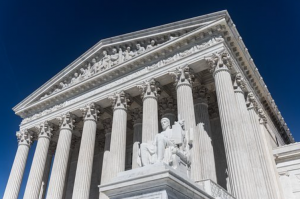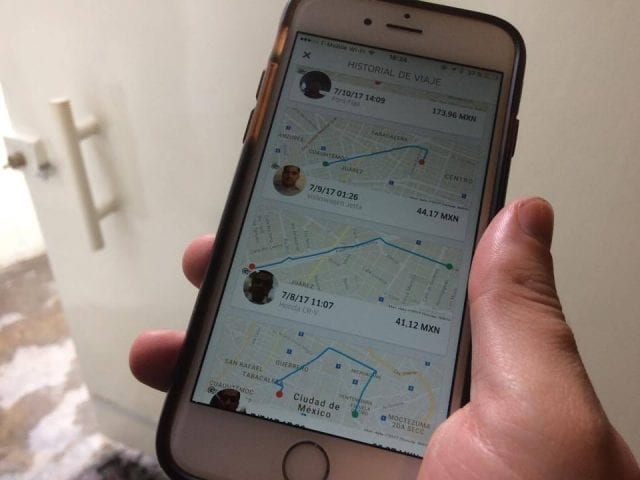The justices said that Uber will have to argue its case against classifying UberBLACK drivers as regular employees before a lower court.
The United States Supreme Court has declined to hear Uber’s challenge to a lawsuit which alleges that the ridesharing platform’s UberBLACK drivers should be considered employees rather than independent contractors.
Instead, the justices opted to leave a lower court ruling intact. That ruling, notes Reuters, effectively revived a lawsuit filed by plaintiffs Ali Razak, Kenan Sabani, and Khaldoun Cherdoud, who used to work as UberBLACK drivers in Pennsylvania.
According to The Associated Press, the 3rd U.S. District Court of Appeals in Philadelphia had vacated a 2018 ruling by a federal judge that the drivers were and should have been classified as independent contractors under the federal Fair Labor Standards Act.
As The Associated Press reports—and as LegalReader.com has written before—the potential mis-categorization of “gig workers” has become a major flashpoint in litigation. Companies like Uber, Lyft, and Instacart, for instance, rely on independent contractors to perform critical business services.
However, independent contractors lack many of the protections afforded to regular employees, such as medical benefits, tax withholding, and unemployment insurance.

Uber and Lyft, in particular, have faced dozens of lawsuits from current and former drivers who allege they do not meet federally-defined criteria for independent contractors and should instead be treated as employees.
Razak, Sabani, and Cherdoud had, for example, alleged that Uber had violated federal minimum wage law and overtime pay statutes.
But in the first stages of their litigation, a lower federal court had been quick to side with Uber, saying the drivers were properly and appropriately classified as independent contractors.
Yet despite the Supreme Court’s refusal to listen to Uber’s case, employment attorneys have been keen to note that the justices’ decision will have no impact on an eventual ruling—rather, the Supreme Court simply returned the issue to the 3rd Circuit.
Fiona W. Ong, an attorney with Baltimore-based Shawe Rosenthal, told FreightWaves.com that the 3rd Circuit will have to answer questions which were not addressed in the lawsuit’s lower court trial.
“The trial court ruled in favor of Uber and then the circuit court said, ‘Not so fast,’” Ong told FreightWaves in an interview. “There are enough questions that the lower court should not have given the judgment to Uber Black.”
Ong further observed that the court will likely make use of a six-pronged employment test, established in Donovan v DialAmerica Marketing.
“On appeal, the (3rd Circuit) Court held that the question of which DialAmerica factors favor employee status is a question of fact that should go to [a] fact finder,” employment attorney Mark D. Eastburn of Eastburn & Grey told FreightWaves.
“Since a reasonable fact finder could rule in the plaintiff’s favor as to at least some of the six factors, the court held that the district court’s grant of summary judgment was inappropriate,” he added.
Sources
Supreme Court won’t hear Uber Black driver classification case
Uber Can’t Avoid Driver Classification Lawsuit, Says Supreme Court
U.S. Supreme Court rejects Uber bid to avoid driver pay lawsuit


Join the conversation!